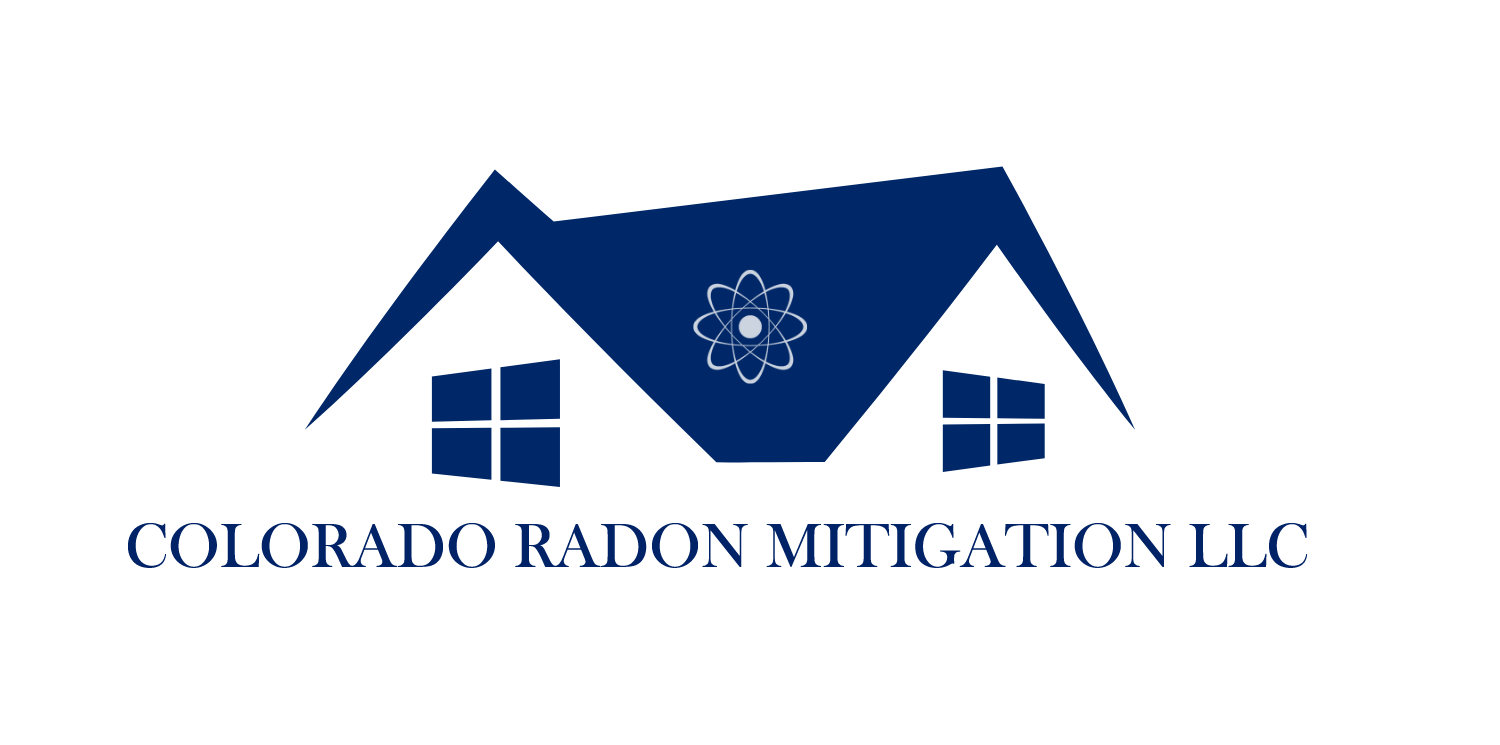You might know nothing about the quiet, concealed danger that might be hiding underneath your feet as you loosen up in your comfortable Denver home. Denver’s geology renders it especially vulnerable to raised radon levels, which are a critical supporter of cellular breakdown in the lungs among non-smokers in the US. This site attempts to direct home-owners in Denver, Colorado, through the basics of radon testing, like its definition, the meaning of such testing, and the moves toward guaranteeing the well-being of your property.
Understanding Radon: A Stealthy Intruder
One colourless and odourless radioactive gas that results from uranium decaying in the soil is called radon. Homes can get it through foundational cracks, spaces around service pipes, or any other holes that let the inside of the house be exposed to the ground. Once within, if radon is not adequately reduced, it can build up to hazardous levels. Every homeowner should know about and test for radon because of its carcinogenic tendency.
Why Radon Testing is Essential in Denver
Shifting amounts of uranium in Denver’s soil composition can greatly increase the risk of radon. Denver has a Zone 1 radon area designation from the Environmental Protection Agency (EPA), meaning that there is a chance of high indoor radon levels. Because radon is odorless and invisible, human senses cannot detect it; testing is the only method available. Frequent radon testing may save lives by pointing up the danger before it becomes a health problem.
How Radon Testing Works

Professionals or homeowners can easily carry out radon testing. While long-term testing measures levels for 90 days to a year, giving a more precise assessment, short-term tests stay in your house for two days to a week. The lowest habitable area of your house, where radon levels are probably highest, is where these tests call for installing a radon detector.
Types of Radon Tests Available
Radon testing comes in two flavors: active and passive. Power is not necessary for passive devices to work, such as alpha-track detectors and charcoal canisters. They are later taken to a lab for testing after absorbing radon or its breakdown products. Active devices; such as continuous radon monitors; need electricity to operate and continuously track radon levels, giving more dynamic information regarding radon changes during testing time.
Interpreting Test Results
The detector is shipped to a lab for radon level analysis after the test period. The usual unit of presentation for results is picocuries per liter (pCi/L). While no radon level is really safe, the EPA advises acting if radon levels are 4 pCi/L or greater. Should higher amounts be found, it is best to repeat the test to be sure the findings hold before moving on with mitigation.
What to Do If Radon Levels Are High

Radon mitigation becomes required if elevated radon levels are verified. While there are other ways to mitigate, the most popular and successful one is to put in a radon reduction system that vents radon from beneath the structure to the outside, keeping it out of the house. Hiring certified experts is crucial to guarantee the system is implemented and configured appropriately.
Choosing the Right Radon Testing and Mitigation Company
Picking a radon testing and relief firm that has a decent standing is very significant. Look for Denver-based businesses that have received certifications, have received excellent reviews, and have a solid track record. In order to provide more reliable testing and effective mitigation options that are targeted to your particular home structure, experienced professionals are able to provide these services.
Conclusion
Radiation testing is an essential component of home safety that is frequently overlooked despite its significance. As a home-owners in Denver, the number of well-being perils that you and your family face can be fundamentally decreased by stepping up and going through radon testing. The objective of Colorado Radon Mitigation is to ensure that Denver homes are shielded from the unfavourable impacts of radon. They will provide competent testing and mitigation services, which will ensure the safety of your home.

